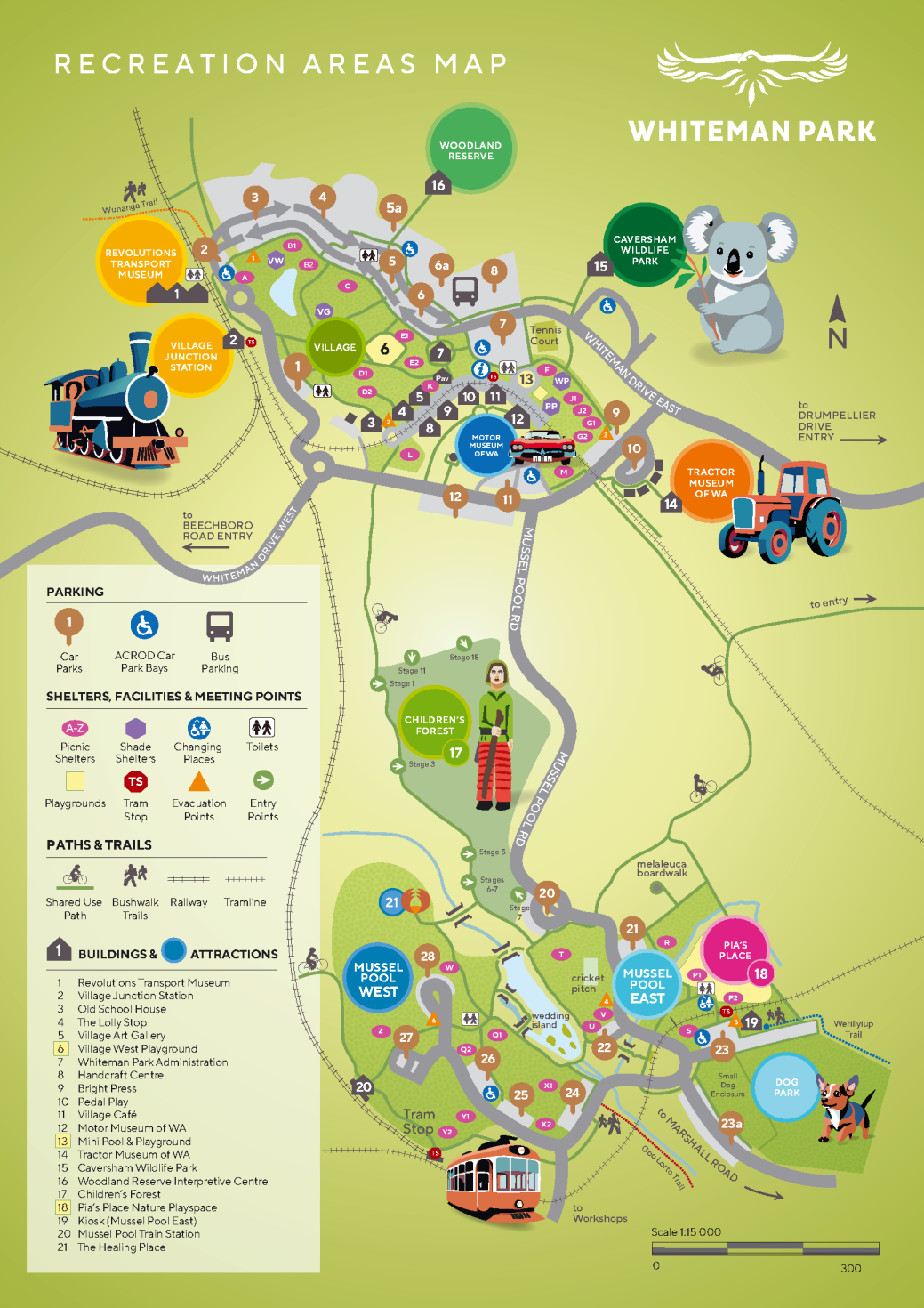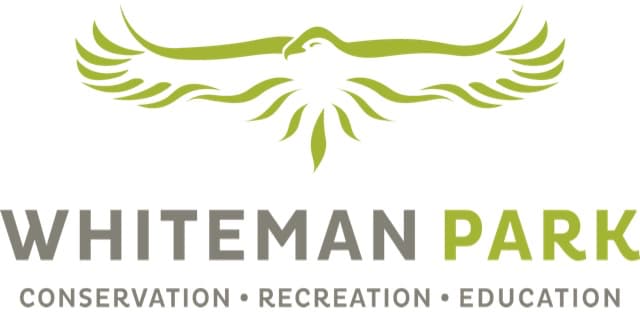long-necked turtle
Chelondina oblonga
This long-necked beauty goes by a number of names, including the obvious long-necked turtle, as well as oblong turtle, snake-necked turtle and its Noongar name: yakkan.
Sadly, this species is listed as Near Threatened.
The long-necked turtle loves slow moving water, making Horse Swamp ideal turtle habitat in the Park, and they are usually spotted around the Mussel Pool precinct as they travel between water bodies.
These incredible water-loving animals are in fact reptiles, as their body temperature is determined by the environment. When it is too cold (or hot!) the yakkan may hide away in damp mud and enter a deep sleep called 'aestivation', similar to a light hibernation.
On the move
Keep an eye out for turtles when driving or riding on any roads near waterways, particularly as they cross roadways, which is one of their biggest threats in the Park. This is also an important reason why your pooches must be on a lead at all times in the Park - to protect our precious wildlife!
Female yakkan are often spotted on the move during breeding season – either away from wetlands to lay her eggs or returning the wetland after the long and arduous process of laying.
The female can lay up to 16 leathery eggs, which are buried in a safe place by female turtles during the spring and summer.
May to September is hatchling season for the long-necked turtles. Hatchlings can have quite the journey from nest to waterways too, but are much smaller and harder to spot!
All areas around Mussel Pool and Horse Swamp, including the surrounding picnic areas and roads, as well as further afield may see turtle activity, so be sure to pay attention when driving or riding in the area.

How you can help
Save Our Snake-necked Turtles is a Perth-based citizen science project helping to save this often-elusive species.
If you are fortunate enough to see turtles on the move, the best thing to do is enjoy watching their journey from a distance.
You should only intervene if you notice them obviously struggling to climb a kerb, cross a road or if they get stuck in long grass, but never put them directly into water. A helping hand to an area close by – and only ever in the direction they were already travelling - will help get them on their way to safety!
FAUNA PROFILE
| Family | Chelidae |
| Scientific name | Chelodina oblonga |
| Noongar name | yakkan |
| Common name | long-necked turtle, oblong turtle, snake-necked turtle |
| Conservation status | Near Threatened |
| Habitat | wetlands |



